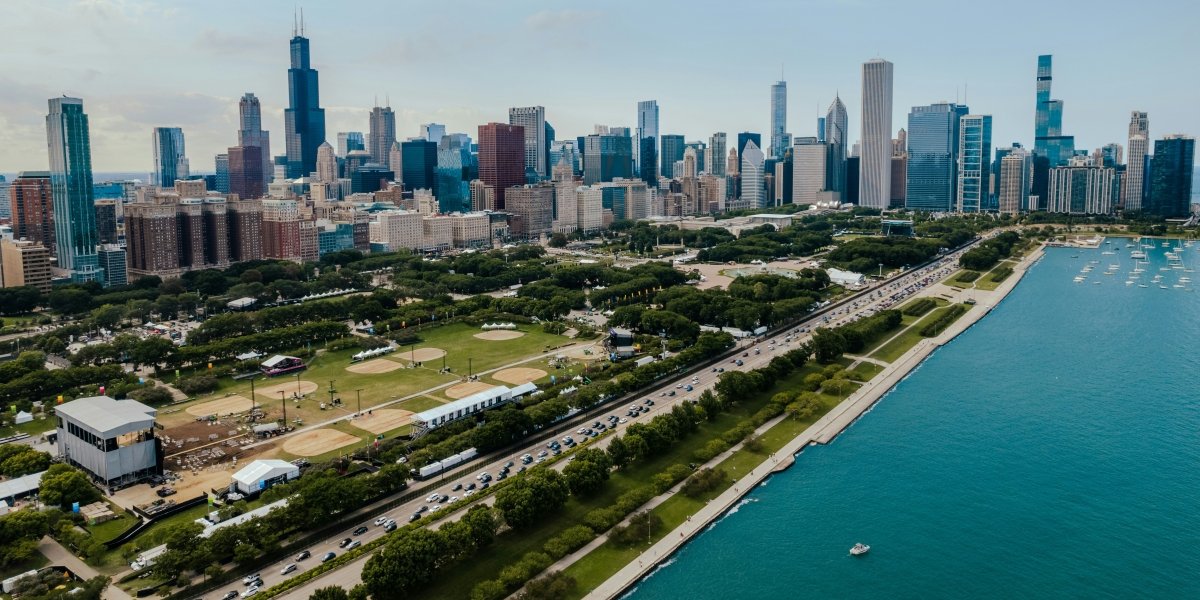The music industry is witnessing a revolution as artificial intelligence (AI) becomes more frequently used in creative processes and artist collaborations. AI-generated music has evolved from experimental technology into a tool that can assist and amplify artistic expression. This fusion of human talent and machine capability offers artists new tools for creating music, opening new avenues for innovation and collaboration.
The Emergence of AI in Music Creation
AI’s presence in music is no longer confined to simple automated compositions. Today, advanced AI algorithms can analyze vast libraries of musical data, learning intricate patterns, styles, and structures. This allows AI to create music that aligns with or introduces new takes on existing genres, resulting in unique compositions that may expand upon traditional methods.
Artists and producers are increasingly experimenting with AI to enhance their creative workflow. Whether it’s generating melodies, harmonies, or even lyrics, AI provides a starting point or an inspirational boost, enabling artists to explore new soundscapes and experiment with different musical styles.
Collaborative Projects: Artists and AI
A growing number of musicians are testing AI as a collaborative partner. For instance, established artists have worked alongside AI tools to co-create songs, using machine learning models trained on their own musical catalog or influences. These collaborations allow artists to try new techniques without replacing the human touch that makes music personal and emotive.
One notable example of this collaborative effort is artists using AI to generate instrumental backdrops or beats as a basis for their songwriting. This approach allows musicians to quickly experiment with different musical directions, helping them find those that resonate with their artistic vision. Additionally, AI tools have been used to compose background scores for film and media, highlighting the adaptability and range of AI in music creation.
Benefits of AI-Driven Collaborations
The integration of AI into music creation may offer several benefits:
- Enhanced Creativity: AI can suggest novel ideas and arrangements that artists might not have considered, sparking creativity and encouraging innovation. This can help musicians break out of repetitive patterns and explore new artistic directions.
- Efficiency in Production: With AI’s ability to quickly generate and test musical ideas, artists can streamline the production process. This can lead to faster turnaround times and more dynamic workflows, allowing musicians to focus on refining their craft and improving their final product.
- Accessibility for Emerging Artists: AI-powered music tools have made advanced music production more accessible to emerging artists and independent musicians who might not have the resources to work with professional producers or studios. These tools can act as virtual co-producers, potentially enhancing the quality of music without extensive financial resources.
Challenges and Ethical Considerations
Despite the potential of AI in music, its adoption comes with challenges and ethical questions. One concern is the risk of AI-generated music potentially impacting perceptions of human creativity. Critics argue that music’s emotive power comes from the personal experiences and emotions of the artist—elements that some claim AI cannot authentically replicate.
Additionally, copyright issues present a significant challenge. When AI models are trained on existing songs, questions arise regarding the ownership of the generated music and the rights of original artists whose work may have influenced the AI’s learning process.
Ensuring transparency in how AI tools are used and maintaining a healthy balance between machine contribution and human oversight are key to addressing these challenges. Musicians and developers are working together to create ethical guidelines that aim to protect creativity while fostering innovation.
The Future of Music with AI
The future of AI-generated music could involve a hybrid model where human and machine creativity coexist harmoniously. As technology advances, it is likely that AI will play a growing role in the music production process, moving from an experimental tool to a commonly used resource in how music is made and experienced.
Artists will continue to seek new ways to use AI to push artistic boundaries, while audiences might enjoy increasingly diverse and experimental music that blends human emotion and technological ingenuity. The collaborative spirit between AI and artists marks a new era in music, one that embraces change while celebrating the creative essence that defines the art form.
AI-generated music appears likely to remain a prominent influence in artist collaborations, enabling the music industry to explore realms of sound that were previously difficult to imagine. This innovation has the potential to enrich the art of music and expand the possibilities of how stories and emotions are conveyed through sound.
Published by: Annie P.









